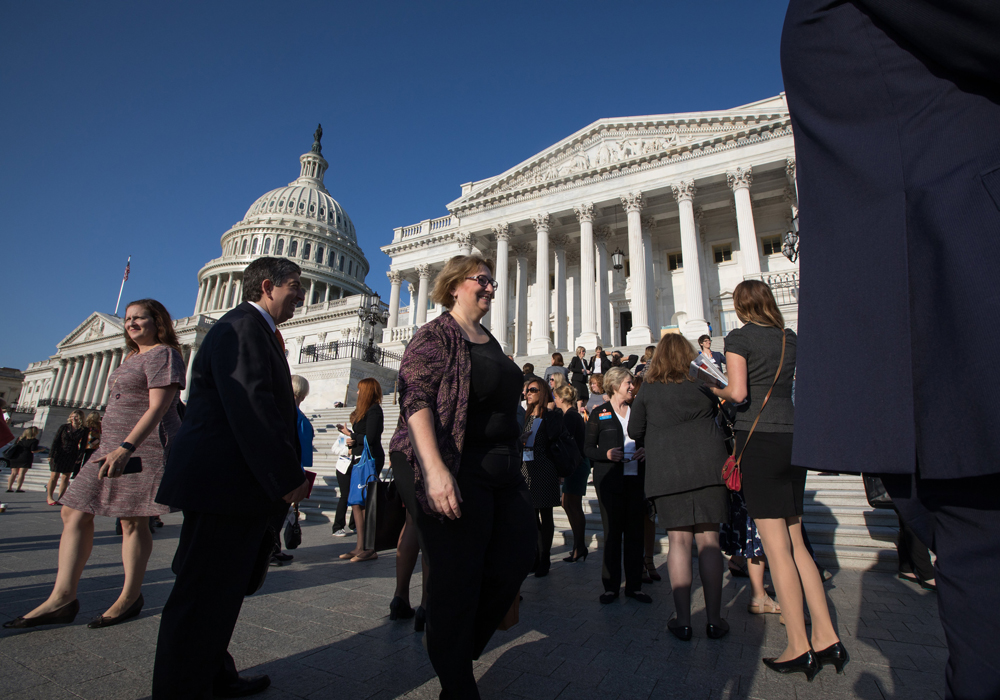Family members are often the first people to step into the caregiver role when a loved one gets sick. However, studies show that caregivers face unintended burdens and potential consequence as a result of the support and care they give to loved ones.
In the current healthcare environment, supportive services for family caregivers are limited. Nearly 22% of family caregivers have reported that caring for someone with a demanding illness has negatively impacted their physical and emotional health.
The Recognize, Assist, Include, Support, and Engage (RAISE) Family Caregivers Act (H.R. 3759) made its way through the House and Senate with bipartisan support. It was signed into law by President Trump on January 23, 2018. The legislation will require the U.S. Department of Health and Human Services secretary to develop, integrate, and maintain a strategy supporting family caregivers. This includes providing resources and information to caregivers, helping them coordinate with medical professionals, and exploring opportunities to bring in assistance when it’s needed.
Nearly 40 million Americans are currently working as unpaid family caregivers—many of whom have full-time jobs as well. AARP released a report in 2016 estimating that family caregivers incur nearly $7,000 worth of out-of-pocket expenses associated with care. For many, that accounts for nearly 20% of their annual income.
ONS joined other organizations in the Patient Quality of Life Coalition (PQLC) urging congress to support the bill. Its passage is the first step in a process of providing support and resources for caregivers across the country.






